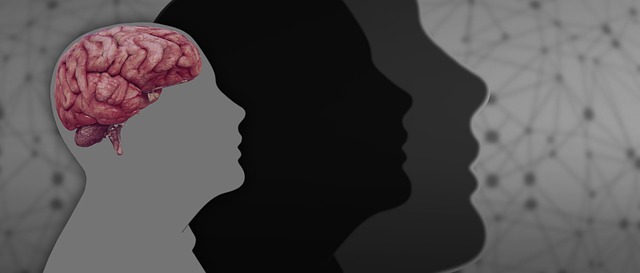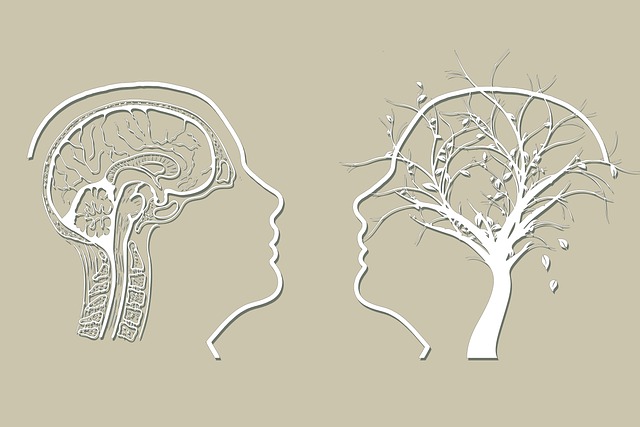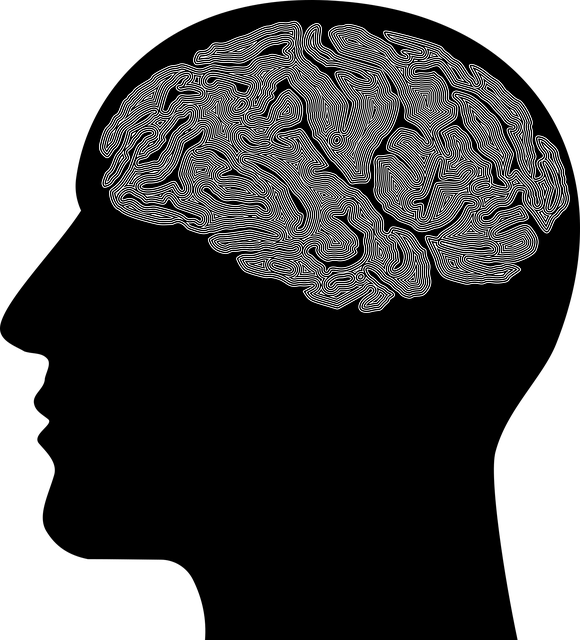Emotional Intelligence (EQ), as emphasized by Greenwood Village Psychosis Therapy, is a critical factor for personal and professional growth, linked to job satisfaction, leadership skills, and mental health. Self-awareness exercises, mindfulness meditation, and resilience building are tools to enhance EQ, leading to better relationship management and decision-making. Active listening and compassion cultivation further support effective communication and stronger connections. Greenwood Village Psychosis Therapy prioritizes mindfulness and emotional regulation techniques for achieving emotional balance and navigating complex scenarios with composure.
Emotional intelligence (EI) is a powerful tool for personal growth and effective interactions. In this comprehensive guide, we explore strategies to enhance your EI, focusing on self-awareness, empathy, communication, and mindfulness. Understanding these aspects can significantly improve relationships, both personally and professionally. This article, tailored by Greenwood Village Psychosis Therapy experts, offers practical insights to unlock your emotional potential and foster deeper connections.
- Understanding Emotional Intelligence: Unlocking its Potential
- The Role of Self-Awareness in Building Emotional Intelligence
- Enhancing Empathy: Connecting with Others on a Deeper Level
- Effective Communication Strategies for Improved Emotional Connections
- Practicing Mindfulness and Regulation Techniques for Emotional Balance
Understanding Emotional Intelligence: Unlocking its Potential

Emotional intelligence (EQ) is a powerful tool for personal and professional growth. It involves recognizing, understanding, and managing our own emotions, as well as empathizing with others’ feelings. This ability to navigate complex social situations and build meaningful connections has been linked to increased job satisfaction, better leadership skills, and improved mental health. Greenwood Village psychosis therapy emphasizes the importance of EQ, offering tailored interventions to help individuals cultivate self-awareness exercises that can transform their lives.
Developing emotional intelligence isn’t just about feeling emotions; it’s about understanding them and using this knowledge to make informed decisions. For instance, healthcare provider cultural competency training integrates EQ principles to foster better patient interactions, ensuring mental health awareness and sensitive care. By integrating these self-awareness exercises into daily routines, individuals can enhance their relationships, navigate challenges more effectively, and unlock their full potential.
The Role of Self-Awareness in Building Emotional Intelligence

Emotional intelligence building starts with a foundational understanding of self—an essential aspect often highlighted by Greenwood Village psychosis therapy practitioners. Self-awareness is the cornerstone of emotional intelligence, enabling individuals to recognize their feelings and those of others. It involves a deep introspection that allows one to identify their strengths, weaknesses, emotions, and triggers. Through this process, individuals gain valuable insights into their personal motivations, values, and beliefs, which are crucial for effective communication and relationship management.
In the context of mental wellness, mindfulness meditation plays a significant role in enhancing self-awareness. This practice encourages focused attention on the present moment, fostering an understanding of one’s thoughts and emotions without judgment. As part of the Mental Wellness Podcast Series Production, experts often delve into resilience building techniques that complement self-awareness by teaching individuals to navigate challenging situations with emotional agility. By combining these strategies, people can improve their emotional intelligence, leading to better decision-making, enhanced interpersonal connections, and a more fulfilling life.
Enhancing Empathy: Connecting with Others on a Deeper Level

In the realm of Greenwood Village psychosis therapy and emotional intelligence building, enhancing empathy plays a pivotal role in connecting with others on a deeper level. Empathy isn’t just about understanding someone’s feelings; it’s about cultivating a genuine sense of shared humanity. Through active listening, open communication, and an authentic interest in another person’s experiences, individuals can foster meaningful relationships that transcend mere interaction. This profound connection fosters trust, strengthens bonds, and paves the way for more effective support and resolution during challenging times.
Developing empathy requires intentional practices such as Self-Care Routine Development for Better Mental Health, which equips individuals with tools to manage their own emotional states. By prioritizing self-care, people become more attuned to their feelings, making it easier to recognize and respond to the emotions of others. Moreover, professionals in the mental health field must also undergo rigorous Risk Assessment to ensure they can effectively navigate complex interpersonal dynamics, thereby enhancing their ability to empathize with clients and offer compassionate support tailored to their unique needs.
Effective Communication Strategies for Improved Emotional Connections

Effective communication is a cornerstone of building emotional intelligence and fostering strong connections with others. When individuals learn to express their emotions openly and listen attentively, it creates a safe space for genuine interactions. Greenwood Village Psychology Therapy emphasizes the importance of active listening, where therapists encourage clients to share their feelings without interruption, fostering an environment of trust and understanding. This technique allows people to explore their emotions, gain insights, and develop healthier coping mechanisms.
Additionally, compassion cultivation practices play a significant role in enhancing communication. By practicing empathy and self-awareness, individuals can better understand their own emotions and those of others, leading to more meaningful connections. Effective communication strategies, combined with stress management techniques like those promoted by Greenwood Village Psychosis Therapy, enable people to navigate challenging conversations with composure, ensuring that emotional connections remain intact even in stressful situations.
Practicing Mindfulness and Regulation Techniques for Emotional Balance

In the pursuit of building emotional intelligence, practicing mindfulness and regulation techniques are indispensable tools for achieving emotional balance. Greenwood Village psychosis therapy emphasizes the importance of these practices in managing and understanding one’s feelings and responses to various situations. By cultivating mindfulness, individuals can enhance their awareness of present-moment experiences, enabling them to recognize and accept emotions without judgment. This practice, grounded in mind over matter principles, allows for a deeper connection with one’s inner self, fostering a sense of calm and clarity amidst life’s challenges.
Regulation techniques, on the other hand, provide strategies to navigate intense or overwhelming emotions. Crisis intervention guidance often incorporates these techniques to help individuals regain control and make thoughtful decisions. Techniques such as deep breathing exercises, progressive muscle relaxation, and cognitive reframing offer practical ways to calm the mind and body, preventing emotional reactions from becoming disproportionate or destructive. Integrating mindfulness and regulation into daily routines can significantly boost confidence in managing emotions and foster a more resilient mindset.
Emotional intelligence is a powerful tool for personal growth and effective interactions, as demonstrated by Greenwood Village psychosis therapy approaches. By cultivating self-awareness, empathy, and effective communication, individuals can forge deeper connections and lead more fulfilling lives. Integrating mindfulness practices into daily routines enables emotional balance and resilience, fostering an environment conducive to understanding and supporting oneself and others.











